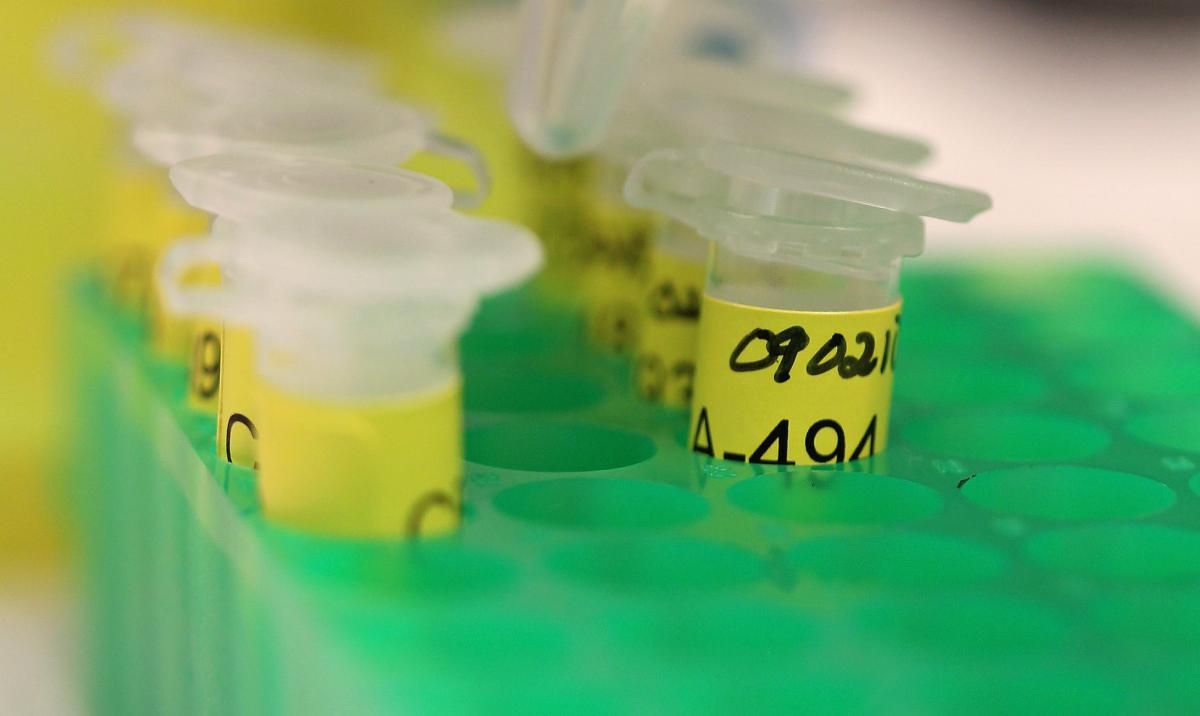Indian athlete Sachin Chaudhary given eight-year ban for anti-doping rule violation
Para powerlifting athlete returned an an adverse analytical finding for multiple prohibited substances at the Tbilisi 2021 Para Powerlifting Senior World Championships; this is the powerlifter's second asserted ADRV 13 Nov 2024
The International Paralympic Committee (IPC) has banned Para powerlifting athlete Sachin Chaudhary of India for a period of eight years for committing an anti-doping rule violation (ADRV), in breach of the IPC Anti-Doping Code (IPC IF Rules). This was the athlete’s second asserted ADRV.
Chaudhary returned adverse analytical findings (AAFs) for prohibited substances in a urine sample provided in-competition on 4 December 2021 during the men’s up to 97 kg event at the Tbilisi 2021 Para Powerlifting Senior World Championships.
The prohibited substances were metandienone and strychnine, which are included on the World Anti-Doping Agency (WADA) 2021 Prohibited List under the class S1.1 Anabolic Androgenic Steroids and class S6 Stimulants, respectively.
The athlete was provisionally suspended by the IPC on 31 January 2022 pending a resolution of his case. During the IPC’s investigation of the case, the athlete confirmed that he had continued coaching other athletes during his provisional suspension, thereby failing to respect the terms of that provisional suspension set out in Article 10.14.1 of the IPC IF Rules. As a result, his period of ineligibility will start from the date that the athlete is deemed to have waived their right to a hearing, to have admitted the violation and to have accepted the proposed consequences.
For the purpose of Article 10.13 of the IPC IF Rules, 21 August 2024 is the date on which the period of ineligibility in this case was deemed to have been accepted or otherwise imposed. As a result of his violation, the athlete will be ineligible for competition and other sporting activities (other than authorised anti-doping education or rehabilitation programmes) for eight years from 21 August 2024 until 20 August 2032.
The results obtained by the athlete in the men’s up to 97 kg competition is automatically disqualified, with all resulting consequences, including forfeiture of any medals, points and prizes. All results obtained by the athlete from the date the sample was collected (4 December 2021) until the start of the period of ineligibility (21 August 2024) are also disqualified, with all resulting consequences, including forfeiture of any medals, points and prizes.
Athletes are reminded that the prohibition against participation during Ineligibility or provisional suspension contained in Article 10.14.1. of the IPC IF Rules is very broad and prohibits athletes from participating in any capacity in any competition or activity (other than authorised anti-doping education or rehabilitation programmes) authorised or organised by any relevant organisation, including but not limited to the IPC, International Federations, NPCs and NFs.
Each athlete is strictly liable for the substances found in their sample. An ADRV occurs whenever a prohibited substance (or its metabolites or markers) is found in their bodily specimen, whether or not the athlete intentionally or unintentionally used a prohibited substance or was negligent or otherwise at fault.
As a signatory of the World Anti-Doping Code (the WADC), the IPC remains committed to a doping-free sporting environment at all levels. The IPC has established the IPC Anti-Doping Code in compliance with the general principles of the WADC, including the WADC International Standards, expecting that, in the spirit of sport, it will lead the fight against doping in sport for athletes with an impairment.




